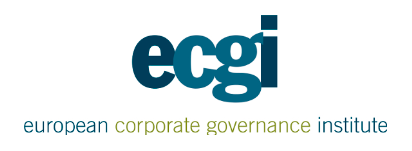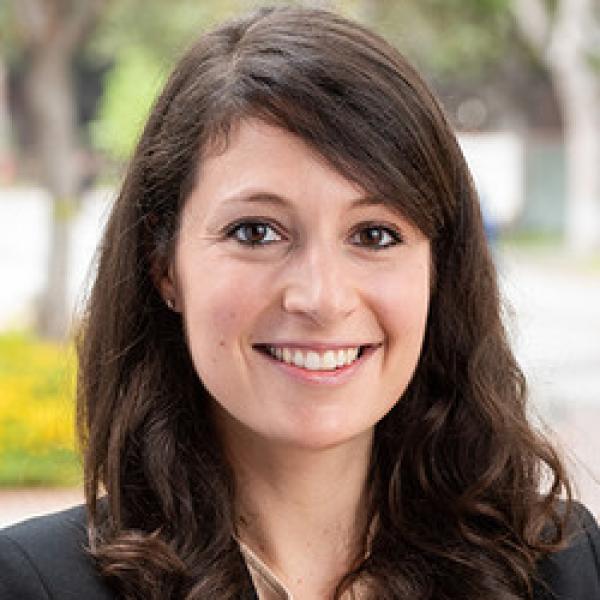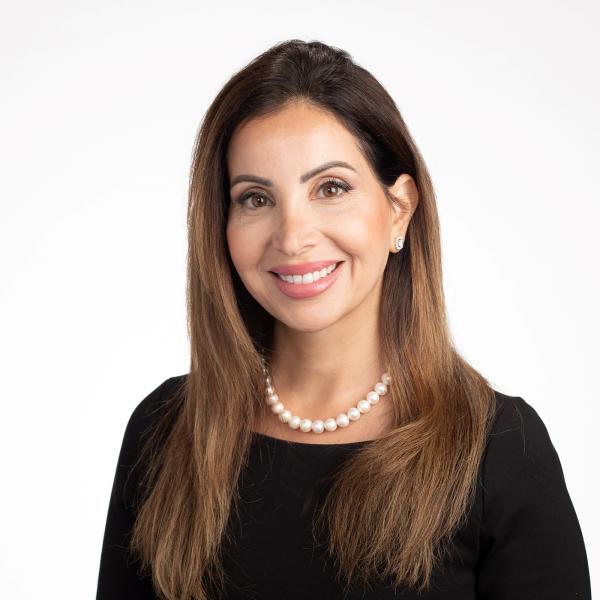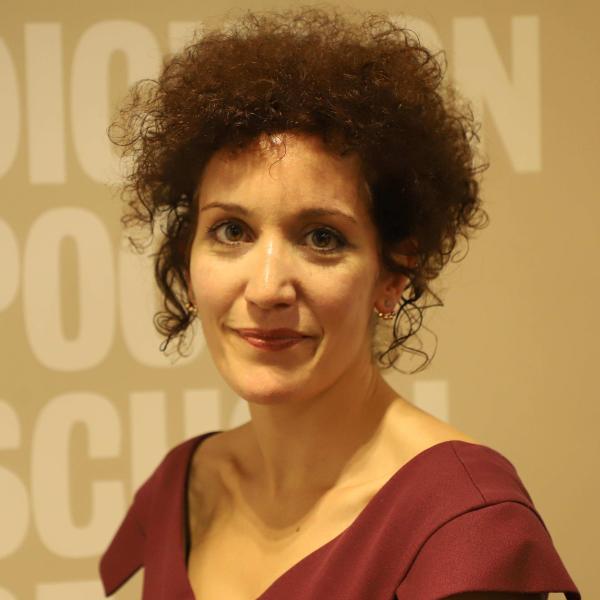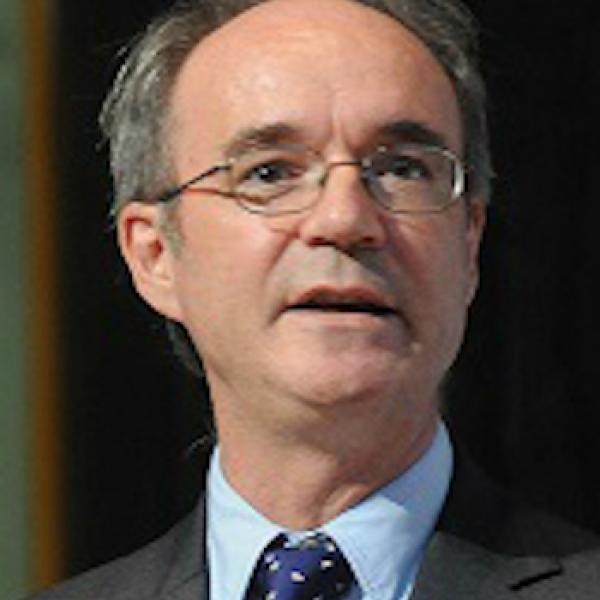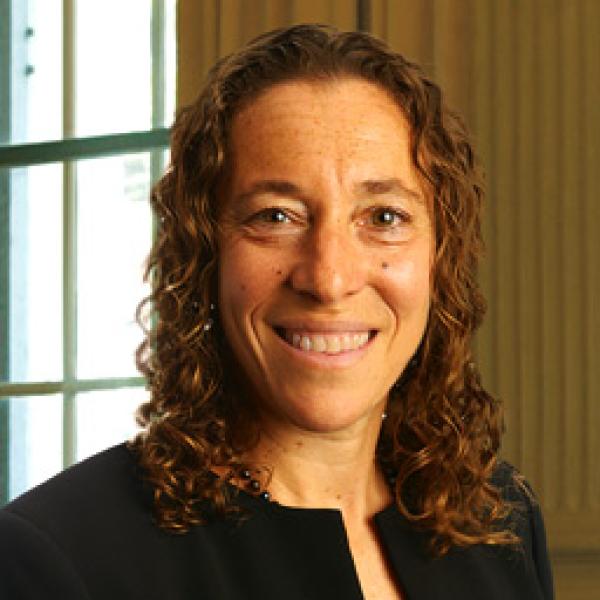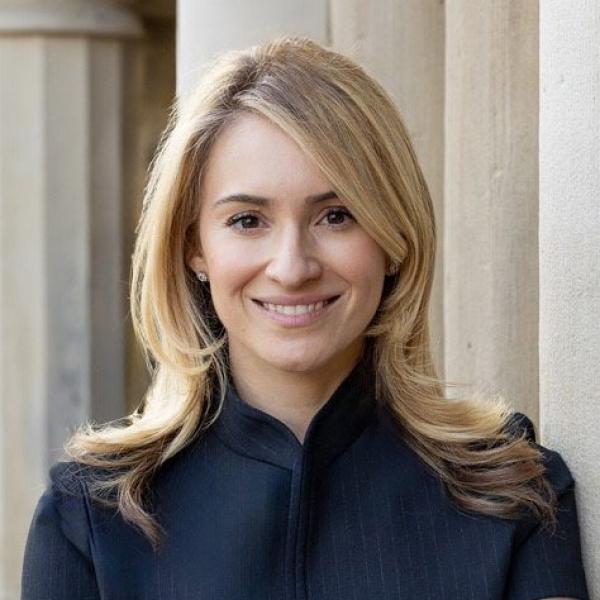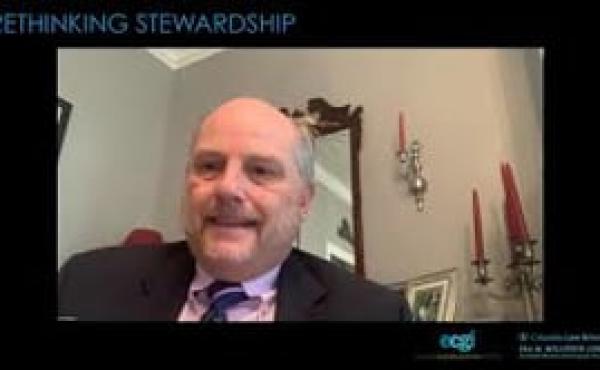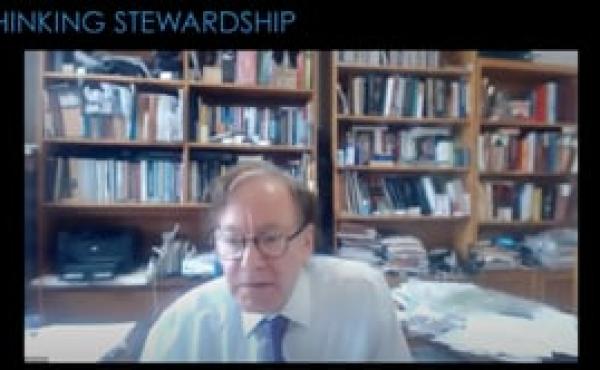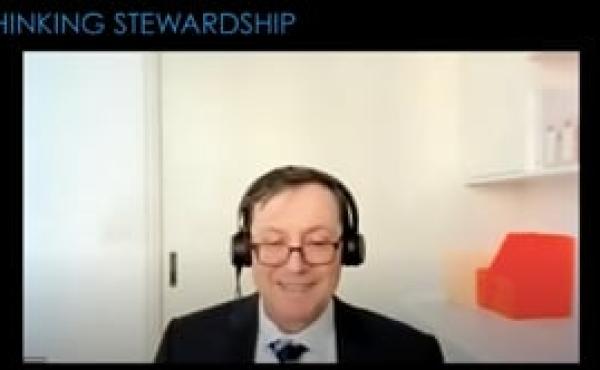
Rethinking Stewardship
The live stream of the event is available to watch on YouTube:
https://www.youtube.com/watch?v=mtMulZ9AOfE
About this event
The reconcentration of share ownership into the hands of a small number of institutional investors holding broadly diversified portfolios has led to calls for adoption of a particular corporate governance stance by these investors, “stewardship.” Indeed, many jurisdictions, following the lead of the UK, have adopted stewardship codes into their regulatory framework. “Stewardship” has generally been taken to mean engagement with portfolio companies in view of long term shareholder interests, though some have argued for a broader conception of stewardship obligations. Since companies are likely to be responsive to the convictions of their largest shareholders, one especially important question is how particular models of stewardship will affect the way that public companies frame and address the ESG issues now urged upon them.
The goal of the conference was to examine this conception of stewardship for its “fit” with current practices of institutional investors, the “products” that asset managers offer to beneficial owners, and the diverse patterns of ownership and economic development throughout the world. In short, the goal was to “Re-Think Stewardship.”
Prof. Lucian Bebchuk (Harvard Law School and ECGI) argued that a particularly important class of institutional investors, index funds, significantly underinvest in stewardship, and are excessively deferential to corporate managers, relative to what would best serve the interests of the funds’ beneficial investors.
Prof. Jeffrey Gordon (Columbia Law School and ECGI) presented an alternative conception of stewardship, “systematic stewardship,” appropriate for maximally diversified investors, based on the distinction in Modern Portfolio Theory between idiosyncratic and systematic risk. Thus institutional investors can take up issues like climate change, which affect the level of systematic risk, consistent with a finance rationale of trying to achieve the best risk-adjusted return for their investors.
Prof. Dionysia Katelouzou (King’s College London) presented the findings from her empirical analysis of the rhetoric of stewardship by activist hedge funds in the UK, which uses the novel method of automated content analysis, and she contended that we can learn a lot from the UK stewardship model especially when institutional investors dominate the public equity market. Prof. Dan Puchniak, (National University of Singapore) then contended that the relative weakness of institutional investors and dominance of controlling shareholders in non-Anglo-American jurisdictions makes the widespread transplant of UK-style stewardship codes a “global legal misfit” – resulting in stewardship functioning in diverse and unanticipated ways around the world.
Chief Justice (ret) Leo Strine (Delaware Supreme Court) delivered a keynote address that addressed stewardship both from the doctrinal perspective of a judge and a view of the role of institutional investors in promoting fair and sustainable capitalism.
The papers were discussed by panelists from globally significant asset managers, legal scholars and other researchers, and corporate governance practitioners.
Organisers
Ira M. Millstein Center for Global Markets and Corporate Ownership, Columbia Law School
European Corporate Governance Institute (ECGI)
Center for Law and Economic Studies, Columbia Law School
Programme
You can download the event programme here
Reading material can be downloaded here
Contact
Programme queries should be directed to Jeff Gordon (jgordon@law.columbia.edu)
Supported by:
Programme
Welcome and introduction
Break
Lunch break
Break
Concluding remarks
Speakers
Lucian Bebchuk
Jeffrey Gordon
Dionysia Katelouzou
Jill Fisch
Presentations
Contact




